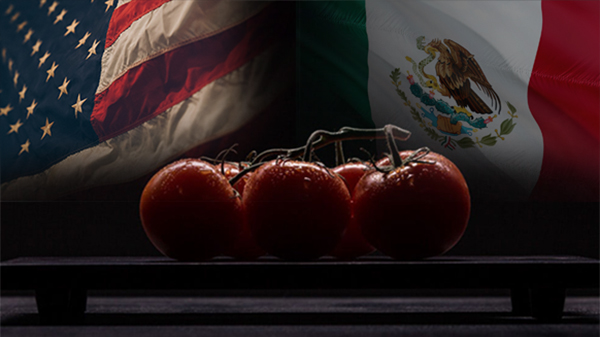The Florida vs. Mexico agriculture dispute is heating up again, as three Florida Congressmen have introduced a bill to protect farmers from competition.
Republican U.S. Sen. Marco Rubio and U.S. Rep. Vern Buchanan and Democrat U.S. Rep. Al Lawson in early January brought the Defending Domestic Produce Production Act, a bill like one they sponsored three months ago, which would make it easier for Florida farmers to ask the Department of Commerce and the U.S. International Trade Commission to investigate illegal subsidies and dumping of Mexican produce in the United Sates.
As one would expect, U.S. produce groups lined up on opposing sides.
Lisa Lochridge, director of public affairs for the Florida Fruit & Vegetable Association, said her group released a statement supporting the bill, stating that unfair trading practices are forcing Florida growers out of business.
Meanwhile, Lance Jungmeyer, president of the Fresh Produce Association of the Americas, Nogales, AZ, said such a law is inconsistent with free trade.
An official statement from FPAA said: “When Florida pushed their seasonality provision during the NAFTA/USMCA negotiations, a majority of U.S. agriculture and international commerce industries opposed changing U.S. trade law to benefit a specific regional and seasonal agriculture sector, which is why it was not included in the USMCA.
“The reason is simple. If U.S. trade law is manipulated in this way, it invites other nations to put up similar trade barriers, which will inevitably lead to a decrease in US exports of fresh produce and other American agricultural products.”
FFVA said there is no free trade in their view.
“In less than two decades, unfair subsidies by the Mexican government for its fruit and vegetable producers have empowered that industry to overtake the U.S. market. According to a University of Florida study, the Mexican government’s investments in protected agriculture – crops such as tomatoes, cucumbers, strawberries and peppers – have boosted the Mexican specialty crop industry by a multiple of 52 since 2000, putting extreme pressure on U.S. producers of those same crops.”



